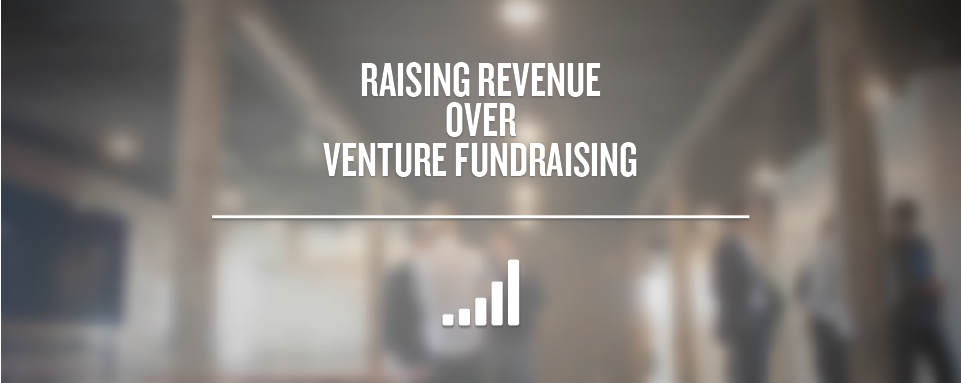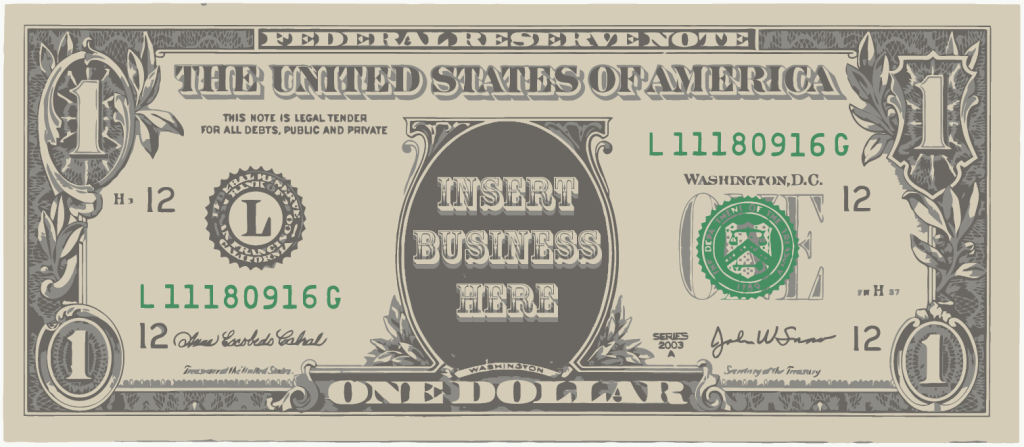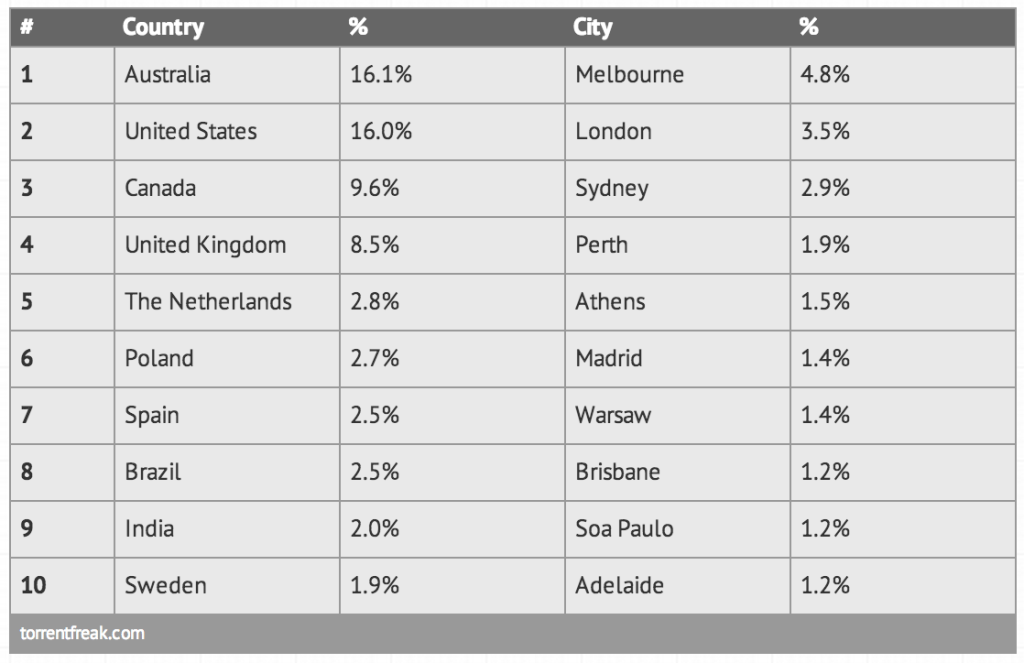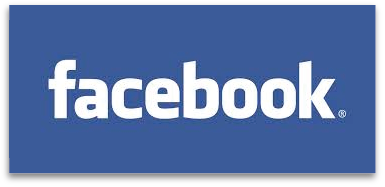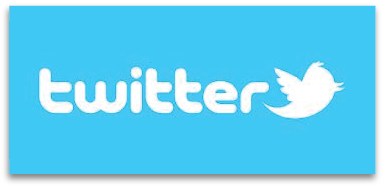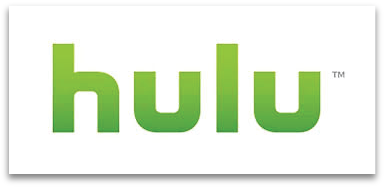It is time to seek revenue over funding!
These last three months make up the second summer I have been involved with Utah’s top accelerator BoomStartup. I have had quite a unique perspective. A year ago I was in the program with a company of my own. This time around I am on the management side. By helping run operations it has been a whole new experience. I have seen companies come and go, succeed and fail, start-up and fizzle-out.
If you know anything about business accelerators then you know that the intent is to give startup businesses a set amount of money in exchange for a small percentage of ownership in the company. In addition to the money the accelerator offers services, mentoring, training, and exposure to influential people. This helps these small startup companies to have a better chance of survival and a better chance at raising capital from investors.
Most accelerators, and their mentors, push the accepted startups to work toward a goal of raising the necessary capital. Many countless hours and sweat are spent working toward the ultimate goal of making a deal with a Venture Capitalists and firms. Companies are told to seek investment so many times that it has evolved into the holy grail. It becomes the only thing startups think about. They think once they have VC money that they have made it.
I am here to tell you, it is not true. I raised money. Then I spent money. Trust me, I am still on quest for success.
Every day we read about multi-million dollar fundings of startups without ever really understanding how or why. The companies receiving these amounts of money are represented as successful. This is sending the wrong message to the every day startup: that they need to raise money and it will all be ok.
Honestly, we’ve heard this for a very long time and it has now become the norm. In my opinion it isn’t about raising the money. It is about making it. If you make revenue, it solves problems.
If I could go back to when my team and I were accepted into BoomStartup I would change many things. The biggest change would have been getting to revenue sooner. Companies who have entered into an accelerator are so worried about landing the largest amount of capital from investors that they forget to start making revenue. I don’t care who you are, if you and your company are making money hand over fist, investors are going to be knocking on your door step.
Why? Because money is the ultimate goal for everyone. Investors and founders alike. Investors want to be part of a deal that makes them money. Normally something that gives them 10x what they invest.
This isn’t to say that seeking out investment is not important, because it is. What I am saying is that a company should concentrate on generating money, then with that traction the ‘seeking’ of seeking investment becomes alot easier.
Every company should ask themselves (especially those in an accelerator) an important question before hunting for an investor: How well can we demonstrate our ability to generate sufficient financial returns for a potential investor?
Cash flow needs to be stable and regular. It would be better to have a track record of recurring or growing revenue that is documented. It isn’t necessary (look at Instagram or even the Utah local Scan) but I would recommend it if you want any investor to look seriously. Many angel investment groups will not even consider you if you are pre-revenue.
Seek revenue people!
Accelerators everywhere need to be focusing on their companies generating revenues. I hope the accelerator ‘seek funding’ facade blows over because I got tangled up in it, and you could too.

